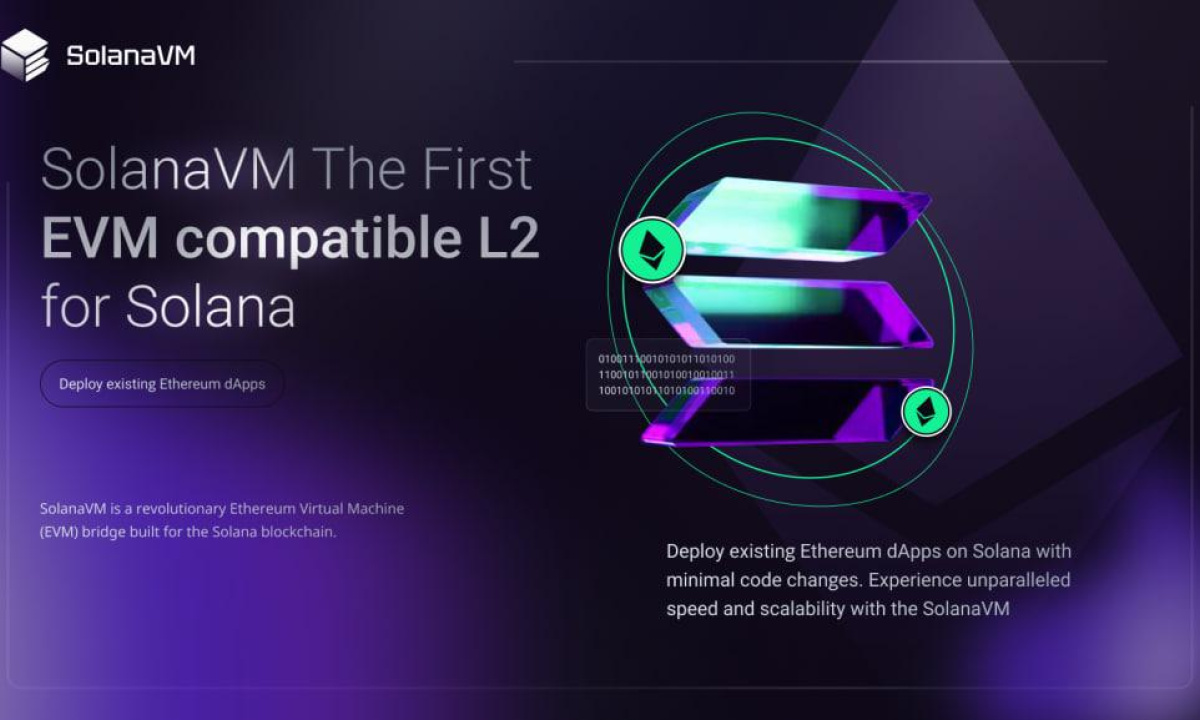The Dubai government is embracing change by implementing blockchain technology into some of its most vital departments. The latest to begin implementing this technology is an international court based in Dubai. The court plans to launch what it has dubbed as the “Court of the Blockchain,” a platform that will streamline legal operations using blockchain technology and smart contracts. The Dubai International Financial Centre Partners With Smart Dubai initiative The international court has announced that it will be partnering with the government-backed Smart Dubai Initiative to form a task force that will develop the blockchain platform. This platform is expected to connect different courts and allow for them to share information in the most efficient and secure means. Using this blockchain-based legal platform, courts can store, share and verify more efficiently and more importantly in real time. Dr. Aisha Bint Butti Bin Bishr, Smart Dubai Office's director general, made a statement during the platform’s announcement, praising the initiative and the power of blockchain technology;
“An invention of this caliber and potential requires an equally disruptive set of rules and an empowered institution to uphold them. This is where our partnership with DIFC Courts comes in, allowing us to work together and create the world's first disruptive court, helping to truly unlock the power of blockchain technology.”
Dubai currently has a blockchain strategy for the year 2020 of when it plans to run 100% of applicable government transactions on blockchain technology. In an effort to achieve this goal, different government bodies have launched independent blockchain related projects. Last year, the Department of Immigration and Visas partnered with a UK startup called ObjectTech to develop digital passports that could potentially eliminate the need for manual check-ups at the Dubai International Airport. According to ObjectTech’s CEO, using biometric verification and blockchain technology, digital passports offer a quicker and safer way to travelers. In addition to this, travelers could take control of their data by controlling the people who had access to their passport information. Most recently, the Department of Economic Development (DED) announced that it was also planning to use blockchain technology to help companies set up in Dubai. The DED was partnering with other government bodies and companies such as Dubai Silicon Oasis Authority, Smart Dubai initiative, and IBM to form a platform dubbed ‘Dubai Blockchain Business Registry.’ This platform aims to make it easy for companies both local and international to set up in Dubai, allowing them to easily access compliance, and registry information. The Dubai Silicon Oasis-the country’s technology free-zone- is planned to be the first place the platform is implemented. Clearly, the Dubai government is embracing blockchain technology, and it has really put its money where its mouth is, since 2016 when it launched the Dubai Blockchain Strategy. The government announced during the launch that it planned to use blockchain technology in all its applicable government operations, this would make the country’s governance more efficient, faster and transparent. By all accounts, it seems that Dubai is leading the race as the premier hub of blockchain technology and as other governments play catch-up, Dubai continues to make strides.
Investment Disclaimer






